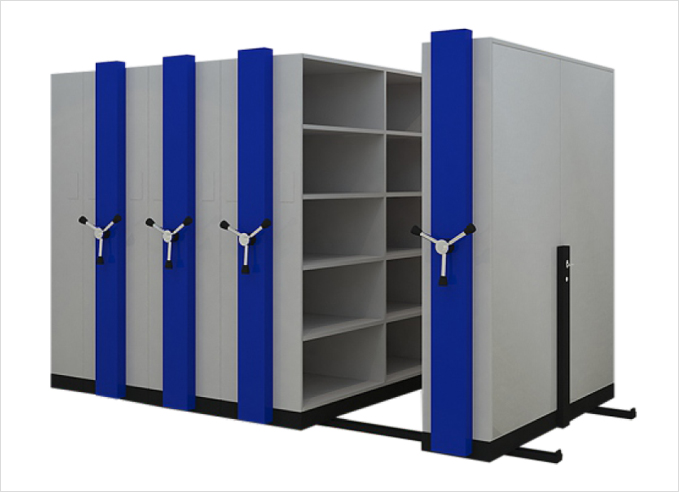Personal spaces hold immense significance in shaping students’ well-being and overall experience in educational environments. These customized storage solutions offer students a sense of ownership over their belongings and provide a private haven to retreat and recharge. Through personalization, these spaces become a reflection of their identity, fostering a sense of pride and individuality within the educational setting.
In the following section, you can delve into the psychology behind lockers and explore how these storage solutions impact the well-being and emotional state of students within educational settings.
Fostering a Sense of Ownership
Personal storage solutions within educational institutions offer students a designated space that is exclusively their own. These tailored storage compartments provide a sense of ownership, empowering students to take responsibility for their belongings and overall organization. Students develop a sense of accountability and pride in their possessions by having a dedicated space where they can keep their personal items secure.
Creating a Safe Haven
Personal storage spaces, often discreet and tucked away, offer students a sanctuary of privacy within the bustling educational environment. These private retreats allow students to temporarily escape the distractions of the communal spaces, providing a sense of solace and calm. Privacy within educational settings is crucial for students to recharge, focus, and process their thoughts, leading to improved emotional well-being and a sense of personal security.
Developing an Emotional Connection
The personalization of storage spaces has a profound impact on the emotional well-being of students. By allowing students to customize their storage areas with personal touches, such as decorations, photographs, or meaningful quotes, these storage solutions become an extension of their identity. Personalization fosters a sense of belonging, self-expression, and pride, contributing to a positive emotional connection to their educational environment.
Improving Order and Organisation
Well-organized personal storage spaces contribute to a reduction in cognitive load for students. When students have a designated area for their belongings, they can quickly locate and retrieve necessary items, eliminating the stress and distraction of searching for misplaced belongings. An organized storage solution promotes a sense of control, efficiency, and preparedness, allowing students to focus more on essential matters and less on the logistics of managing their items.
Minimizing Anxiety and Promoting Focus
Personal storage solutions give students a sense of security, minimizing anxiety and creating an environment conducive to learning. Knowing that their personal items are safely stored in their designated spaces allows students to feel at ease, enabling them to fully engage in their educational pursuits. The absence of worry regarding the safety of their belongings promotes mental well-being and concentration during class time.
Encouraging Responsibility
Personal storage spaces also serve as a platform for teaching students valuable life skills, such as organization, time management, and responsibility. By maintaining and managing their storage areas, students learn the importance of orderliness, accountability, and self-discipline. These skills extend beyond the educational environment, preparing students for future responsibilities and contributing to their overall personal development. customized storage
Conclusion
Thus, lockers within educational institutions have a significant impact on the well-being and emotional state of students. By fostering a sense of ownership, providing privacy, allowing personalization, promoting order and organization, and offering a sense of security, these storage solutions contribute to a positive educational experience. customized storage
The psychology of personal spaces highlights their role in shaping students’ emotional well-being, self-expression, and life skills development. Through the thoughtful integration of storage solutions, educational institutions can create environments that prioritize the holistic well-being of students, enabling them to thrive academically, emotionally, and personally.

